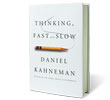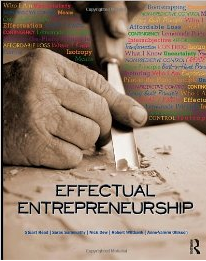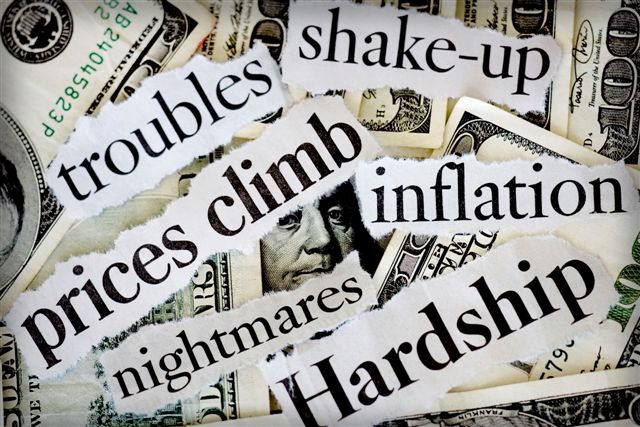How Am I Here Now?
What is the opportunity that you find yourself in today? What people did you meet to get here? What are you going to do to create more such opportunities?
I am on my way to Ft. Lauderdale to meet with my EO Insignia Forum. My close friend Joe has a place there, so we are going to spend some time at his condo. I really enjoy going to meet up with my EO friends and spending time with them. It is always a very stimulating and worthwhile experience.
I come away with a greater connection and understanding for their struggles and successes, as each one walks their own path. It opens me up to what life has to offer and awakens me to my limited perspective when the diversity of these successful entrepreneurs come together to share their minds, experiences, and visions.
You rarely understand the true power of these interactions in those specific moments. I have witnessed not only the financial but also the immense emotional impact of these exchanges. The emotional benefits of not feeling alone when leading a company is very comforting, and I look forward to spending time with these dynamic people.
Last week, my local EO Forum participated in a Forum boost. We brought in a forum trainer who exposed ways to share and go deeper with your forum mates. Sharing very personal things, like those that you may not even tell your spouse, is very powerful and humbling to the participants.
I once read that the two things that will impact your life the most are the books you read and the people you meet. My life experiences allow me to see the power and reality of that statement in action.
Think about this example. Joe has hired a personal trainer, Jess, to be with him for a month to focus on healthy habits in nutrition, cardio, weight training, and overall healthy balance. Jess lives in New Jersey. A mutual friend introduced her to Joe, and because of this new connection with him, she made a decision to leave her home and travel with us. This will have her meeting new people, experiencing new situations, making new connections, and opening doors to new opportunities. Who knows what this one connection and one decision could mean for the many forks that will appear in her life and where they will take her?
Do you seek situations to meet, learn, and grow with other people? What are the opportunities there?

 to search and came upon a really good book called “
to search and came upon a really good book called “
 This continued for a few years. Now all our team members, from the lowest to the highest paid, have cell phones. At this point, eight of them have smartphones, and I see the rest upgrading in a year or so. I can see this new global customer base growing right before my eyes.
This continued for a few years. Now all our team members, from the lowest to the highest paid, have cell phones. At this point, eight of them have smartphones, and I see the rest upgrading in a year or so. I can see this new global customer base growing right before my eyes. One of my biggest successes was starting a mutual fund, but it didn’t just come up out of the blue. First I took an internship in college to learn about and sell insurance. I built on that by starting a financial planning company with my late partner
One of my biggest successes was starting a mutual fund, but it didn’t just come up out of the blue. First I took an internship in college to learn about and sell insurance. I built on that by starting a financial planning company with my late partner 
 The fact is, things are not good out there, but this does not mean that there is no money or opportunity.
The fact is, things are not good out there, but this does not mean that there is no money or opportunity.